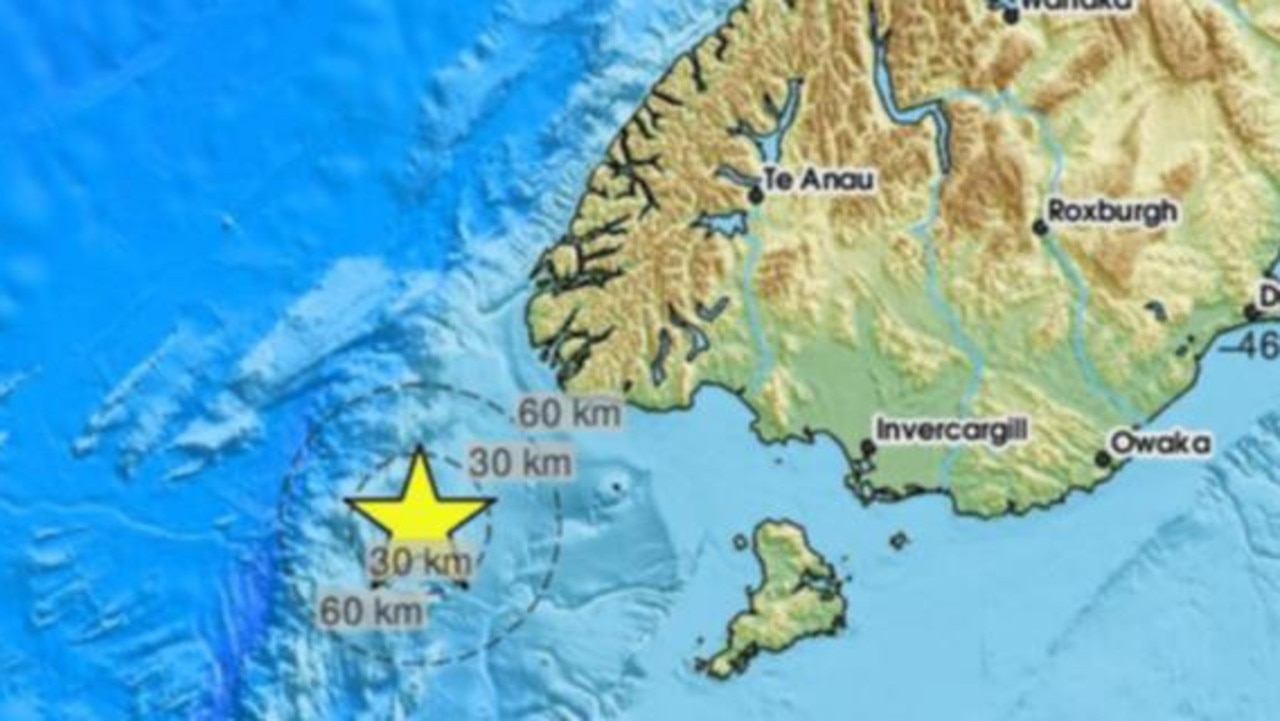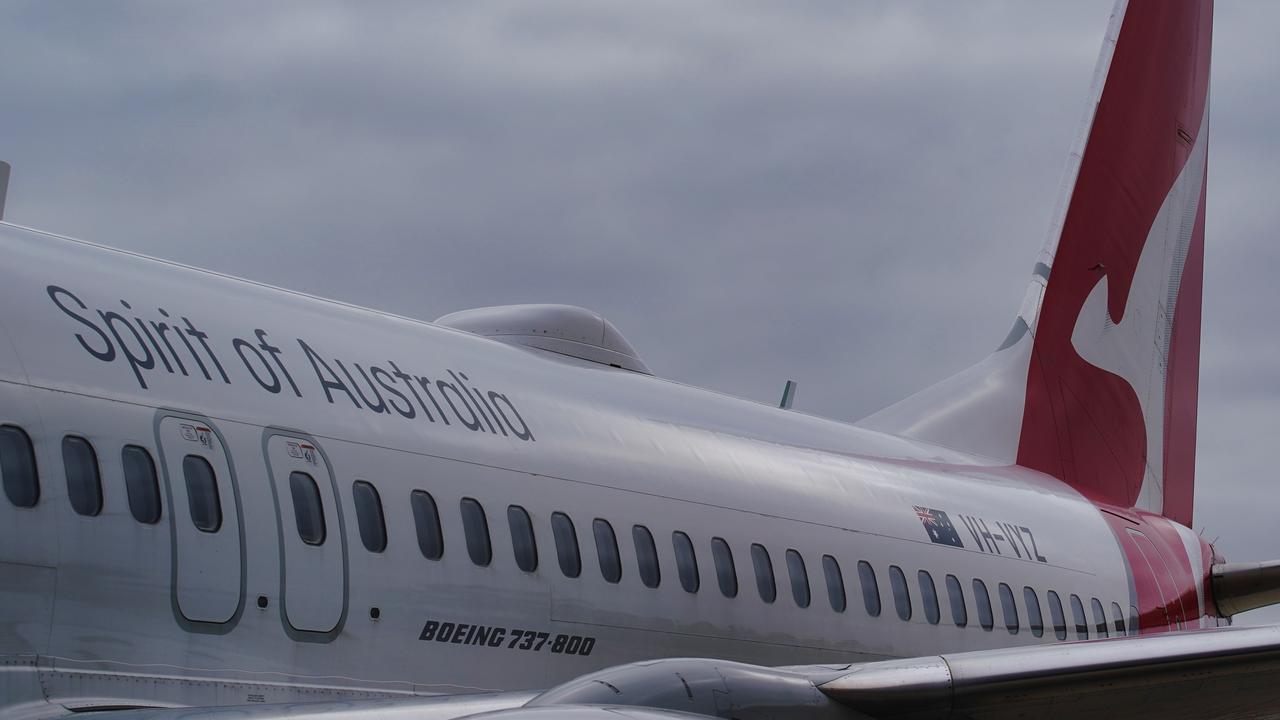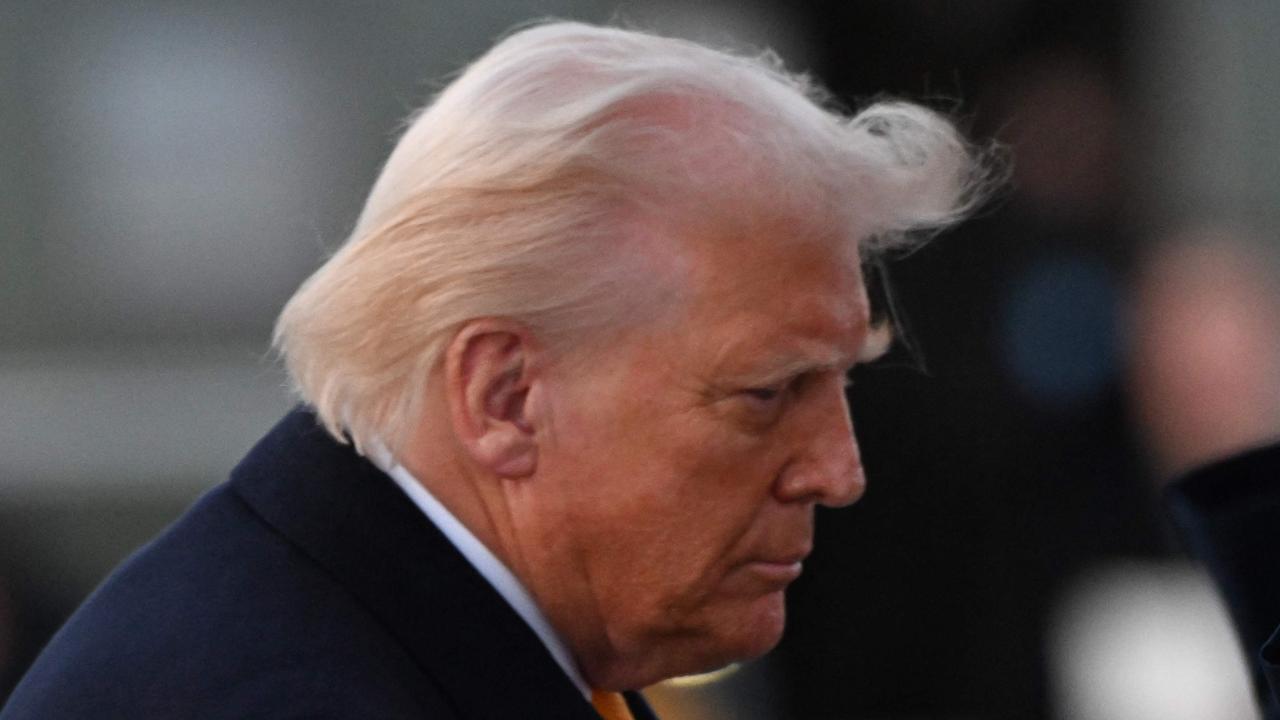Bougainville province overwhelmingly votes to leave Papua New Guinea in independence referendum
A string of islands to the north east of Queensland could soon be the world’s newest nation after residents overwhelmingly voted for independence.
A group of islands located north east of Queensland could become the world’s next independent nation after locals voted overwhelmingly for independence.
Residents of Papua New Guinea’s province of Bougainville have been voting in a referendum to secede from Port Moresby.
The official referendum result shows an overwhelming 98 per cent of voters have opted to leave PNG and become a sovereign nation.
Former Irish Prime Minister Bertie Ahern, who chaired the Bougainville Referendum Commission, said 176,928 people had voted for independence with just 3043 backing the option of remaining within PNG with greater autonomy.
The vote is non-binding and the final say on independence lies with the PNG Government. But the sheer scale of the vote will put huge amounts of pressure on the government of James Marape to respect the vote. Prime Minister Marape will make a statement on Friday.
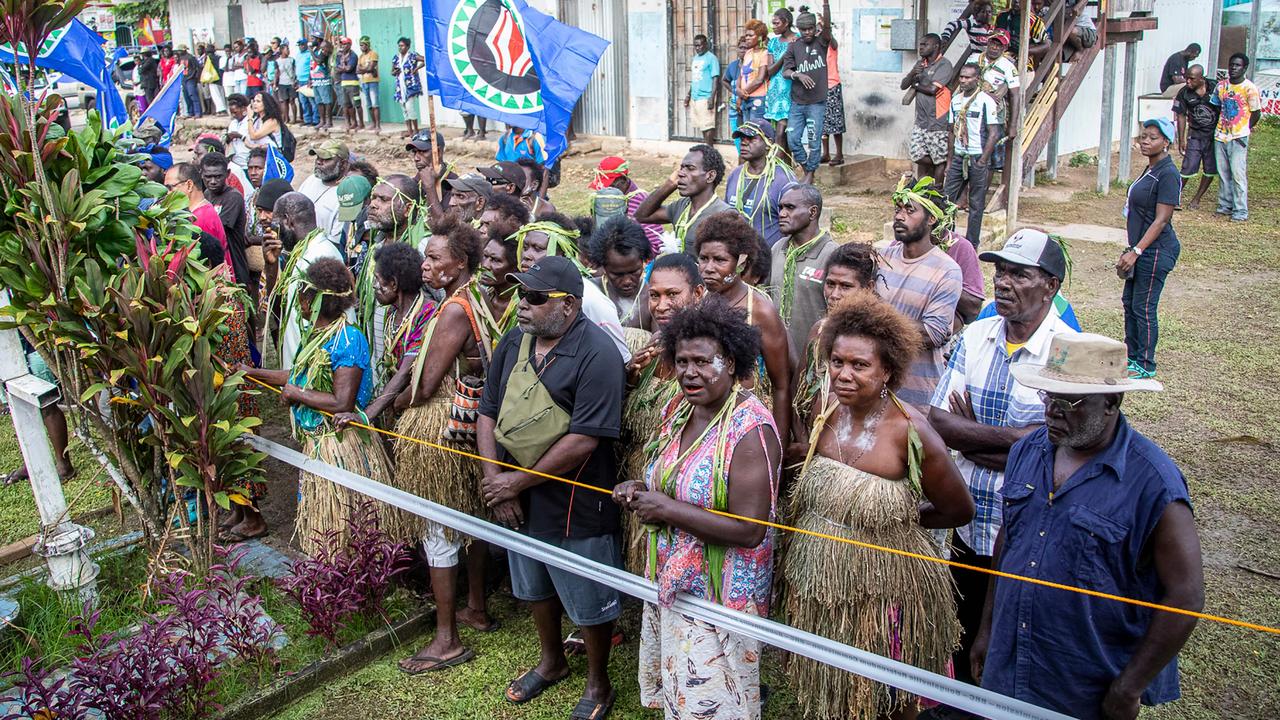
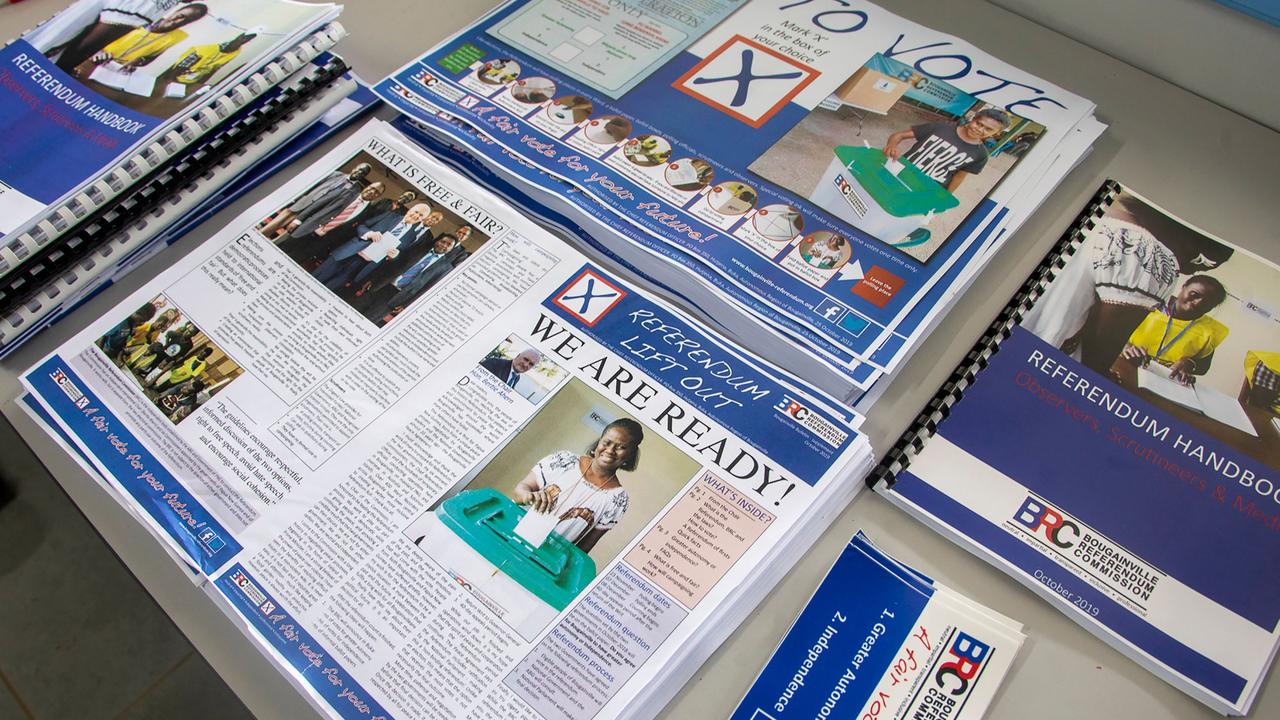
About 85 per cent of eligible voters cast more than 181,000 ballots in two weeks of voting.
The referendum is a key part of a 2001 peace agreement that ended a civil war in which at least 15,000 people died in the cluster of islands to the east of the PNG mainland.
The violence in Bougainville began in the late 1980s, triggered by conflict over an enormous open-cast copper mine at Panguna.
The mine was a huge export earner for PNG, but many in Bougainville felt they received no benefit and resented the pollution and disruption of their traditional way of living.
The mine has remained shut since the conflict. Some believe it could provide a revenue source for Bougainville should it become independent. The process of becoming a separate nation could take years to achieve.
The result of our #Bougainville referendum
— Bougainville Tourism (@YesBougainville) December 11, 2019
Yes 97.7 % No 2.3 % @BRC2019 pic.twitter.com/1BBeP110p2
The vote wasn’t just being keenly watched in PNG’s capital of Port Moresby but in Canberra and even Beijing which is flexing its muscles in the South Pacific.
Annmaree O’Keeffe from think tank The Lowy Institute said last month that a yes vote was still a long ways from full independence and there were concerns whether the island province currently had the means to successfully govern itself given it’s still recovering from a bloody civil war.
“Bougainville will have to make considerable effort to become independence-ready and to fend off questions from the international community about the viability and sustainability of the newest small island state,” she said.
Lying 1500 kilometres from Queensland, the Autonomous Region of Bougainville is physically and ecologically distinct from the remainder of PNG.
It is situated far from the PNG mainland, to the southeast of the larger island of New Britain and immediately north of the Solomon Islands.
Indeed, some independent minded Bougainvilleans prefer the term, North Solomons.
It’s not huge. At a touch more than 9000 square kilometres, Bougainville is half the size of Fiji and could fit within Tasmania around eight times over.
AUSTRALIA’S LONG CONNECTION TO BOUGAINVILLE
Bougainville’s name comes from French explorer Louis Antoine de Bougainville who in the 1770s sailed through much of the South Pacific.
Since then various nations have ruled the region including Germany and Australia. It also had a spell under Japanese occupation during World War II.
More than 500 Australians, 700 Americans and 20,000 Japanese died during the battle to liberate the islands.
In 1975, Papua New Guinea including Bougainville, gained independence from Australia.
However, violence linked to the rich deposits of gold and copper killed tens of thousands.
“The conflict, fuelled by deep grievances about the creation and administration of the massive Panguna gold and copper mine, was marked by a savage and brutal level of violence by all parties resulting in a heavy loss of life – men, women, and children – with estimates between 10,000 and 15,000, or around 5 per cent of the population,” said Ms O’Keeffe.
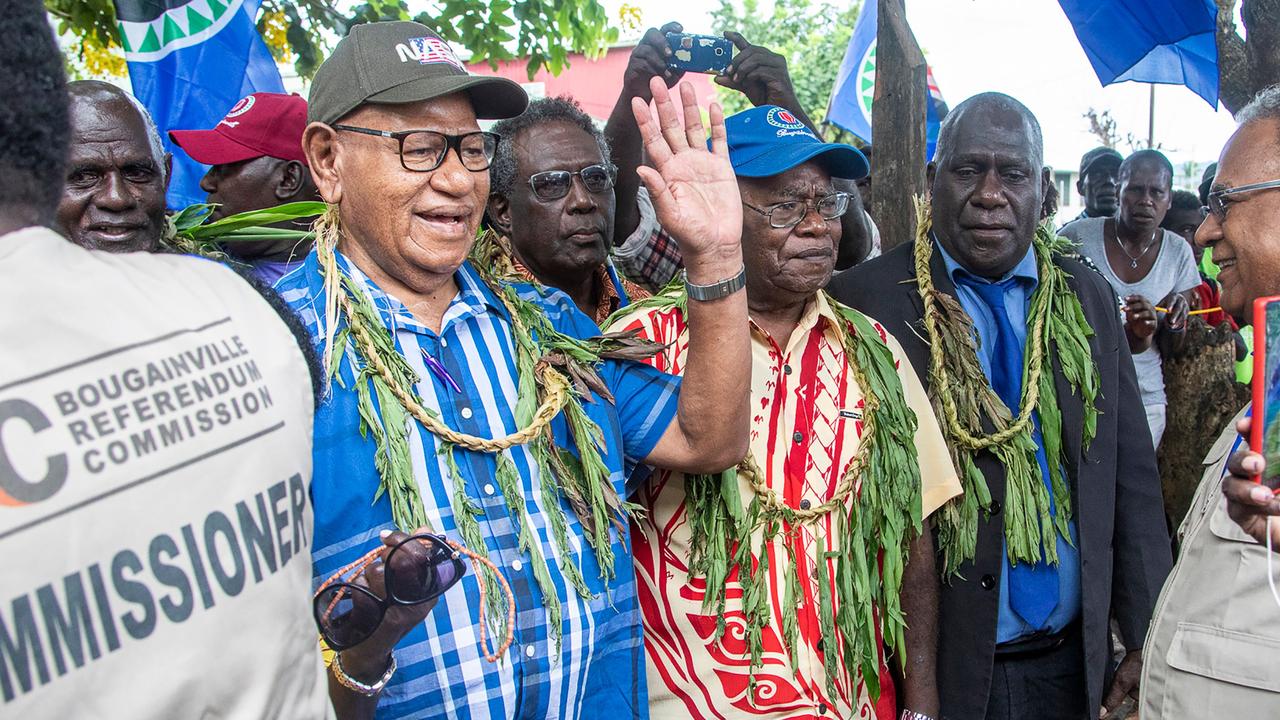
Voters had several options in the referendum. One, for greater autonomy and a second for full independence.
Ms O’Keeffe said it was expected that Bougainvilleans would vote to break away.
“Indeed, it is likely to be socially difficult for dissenters from this view, because of community pressure to achieve this much sought-after goal that has cost so many lives.”
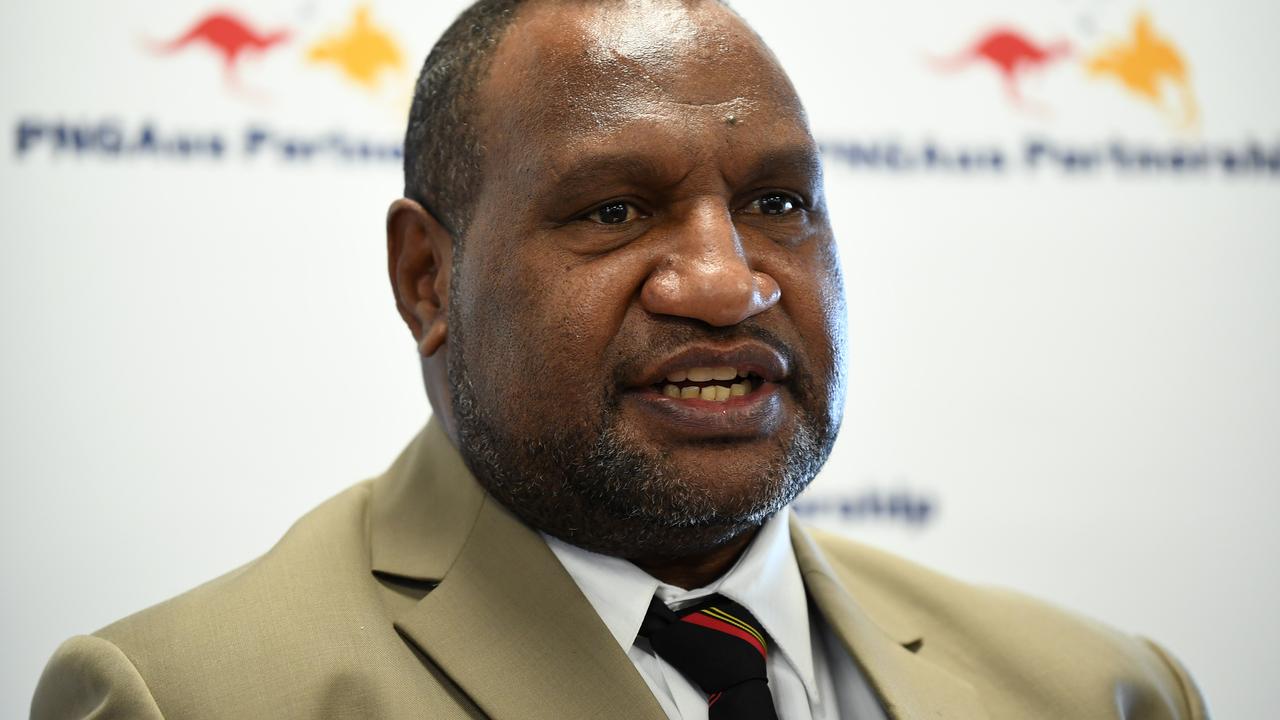
NON-BINDING’ SAYS PNG
In October, PNG Prime Minister James Marape congratulated those who helped bring the poll to fruition but reiterated its outcome was “non-binding”, reported the nation’s Post Courier newspaper.
Even if Port Moresby gave the green light to sovereignty, achieving it would be a struggle, according to Ms O’Keeffe.
“Bougainville will have a continuing struggle to find the funding and human resources required to establish the standard raft of administrative structures that sovereign nations need, including treasury, judiciary, defence, and immigration, while continuing to rebuild education, health, policing, and transport,” she said.
“Borders will need to be redrawn, fishing agreements renegotiated, mining rights determined, and diplomatic relations established.”
Ms O’Keeffe also pointed out that fractures that have caused so much bloodshed on the islands remain and any new government will have to heal them to ensure the country’s success. There will be pressure to reopen the mine that caused such pain.


